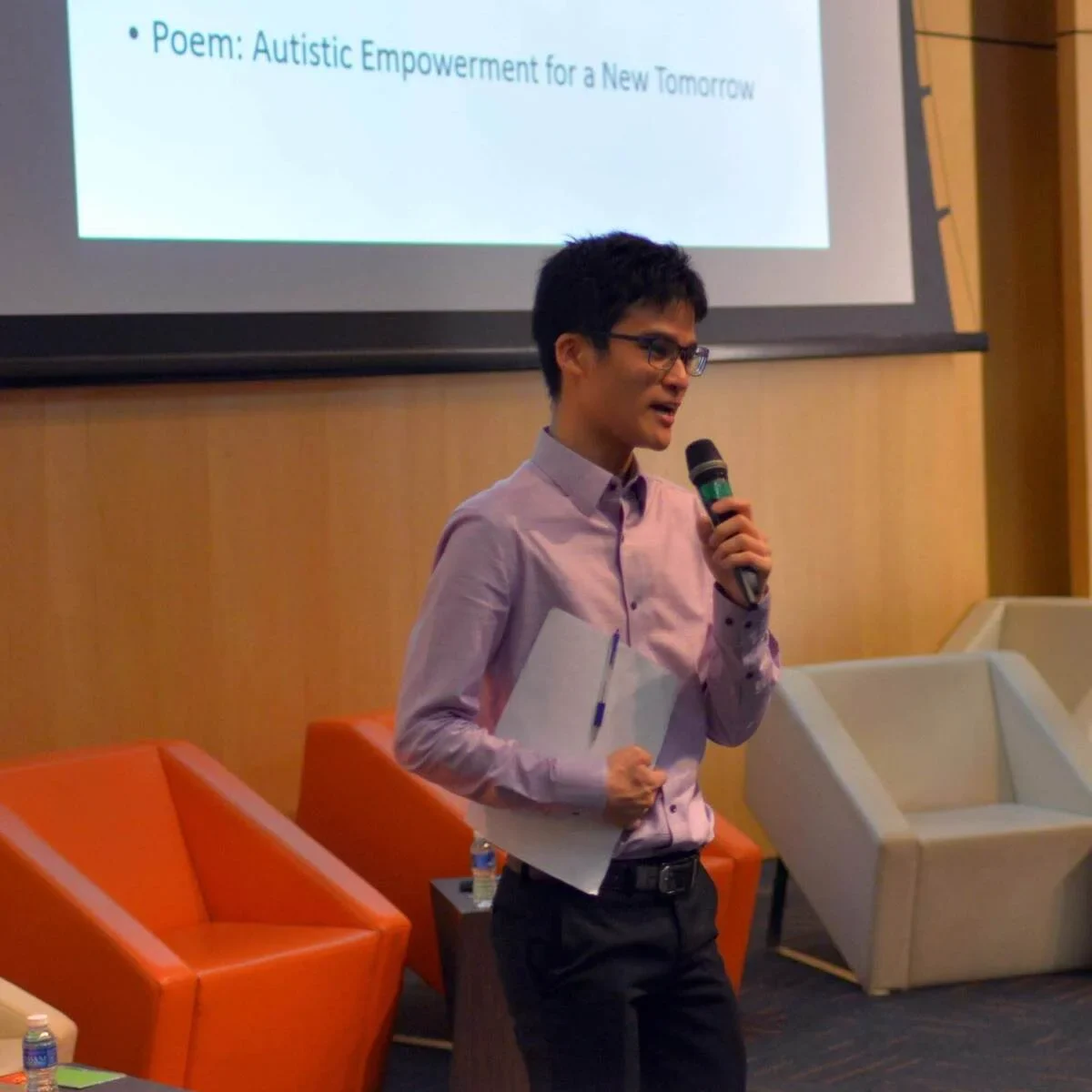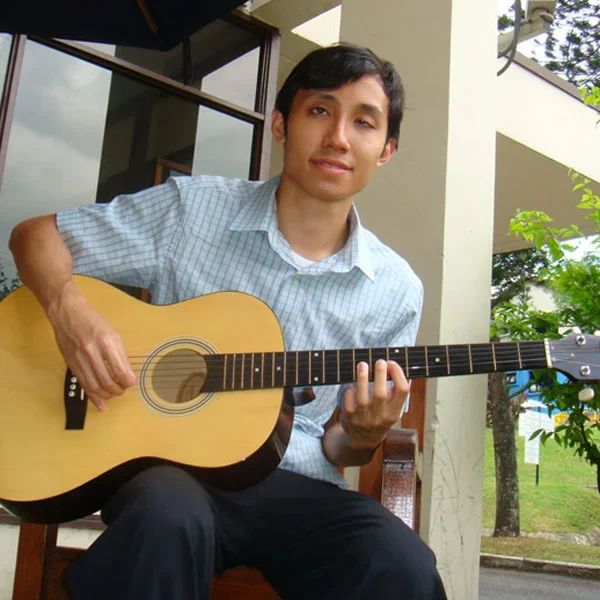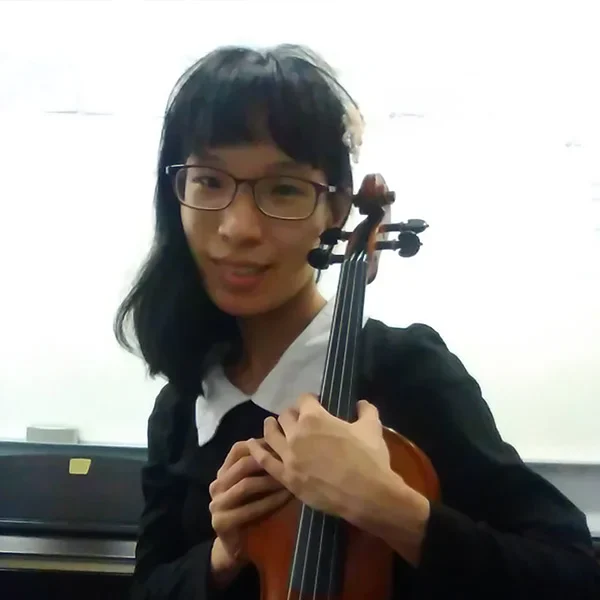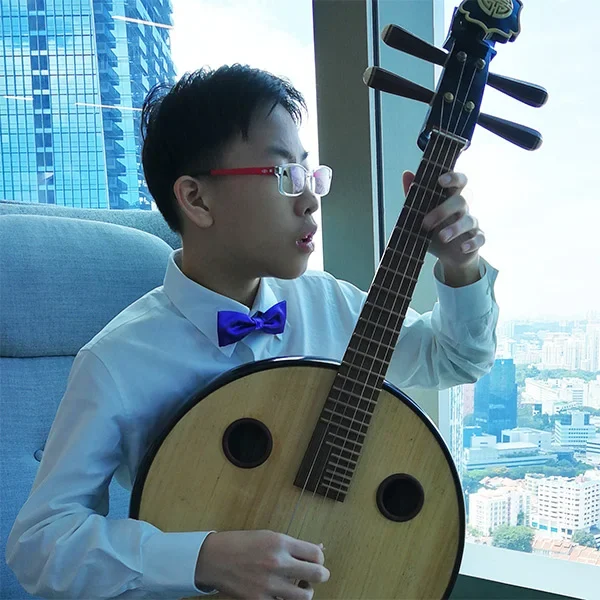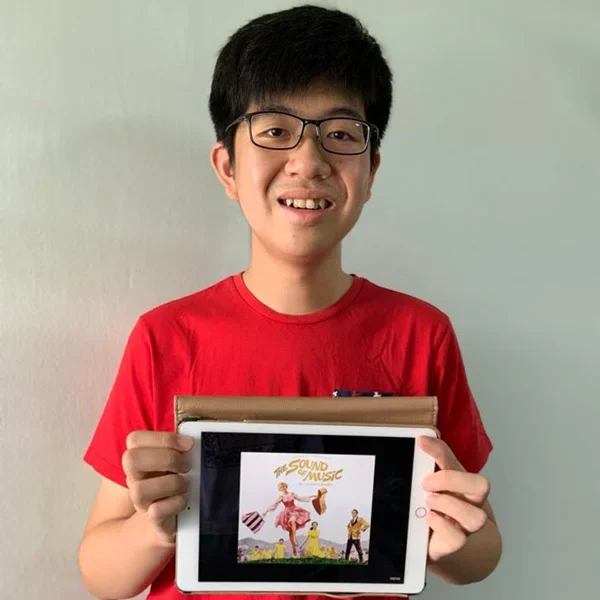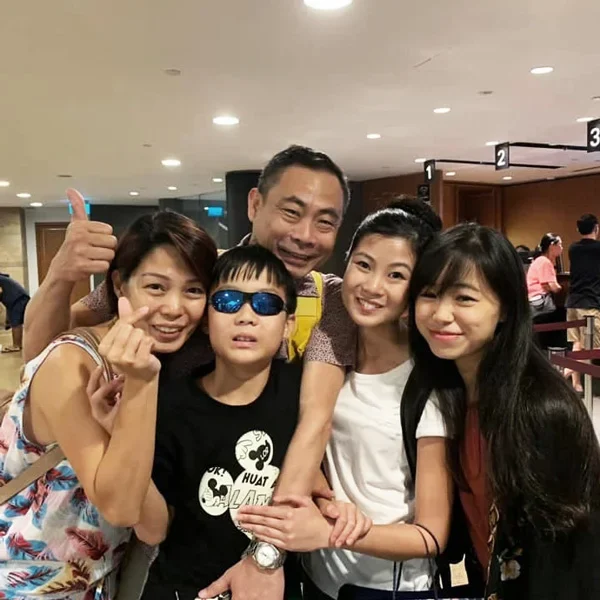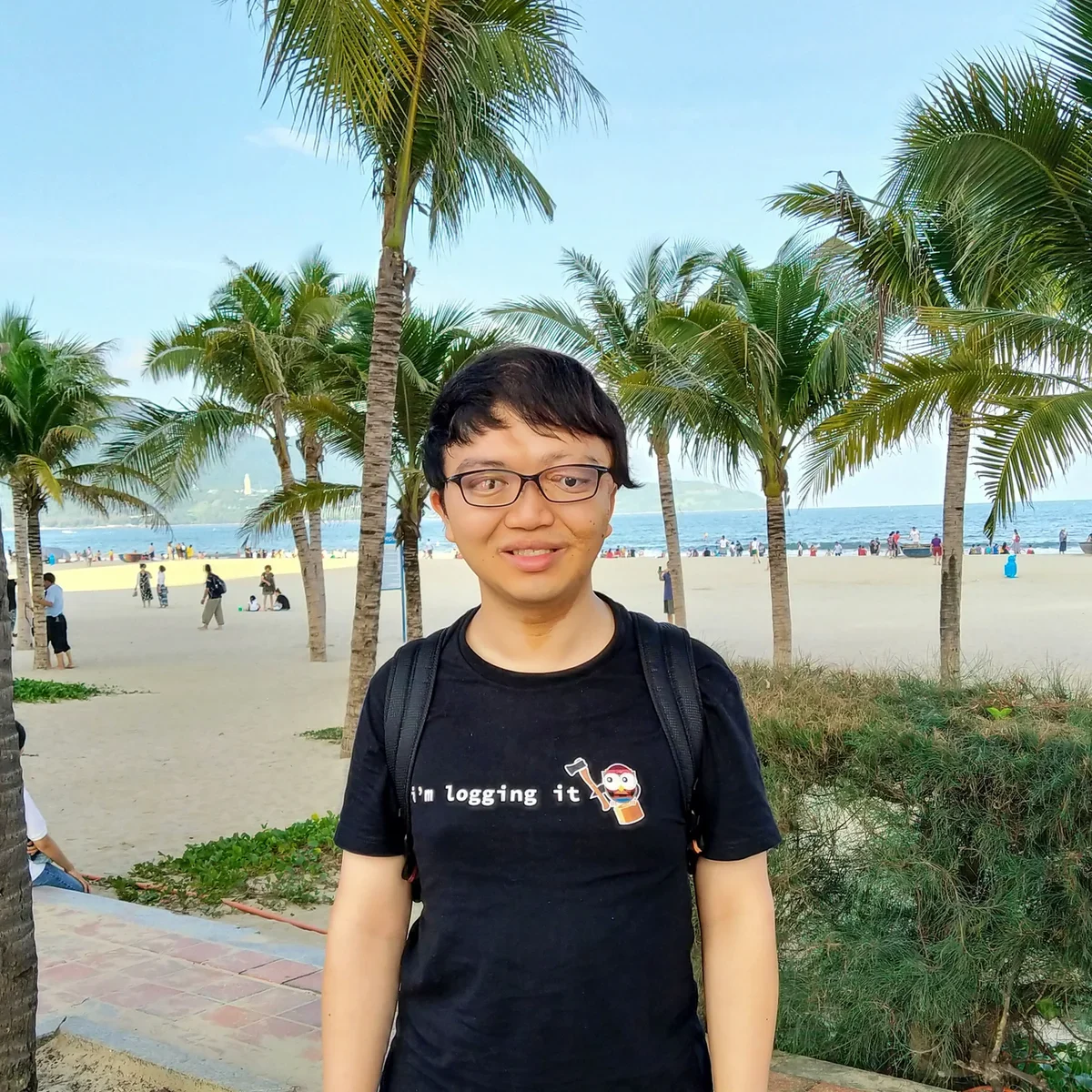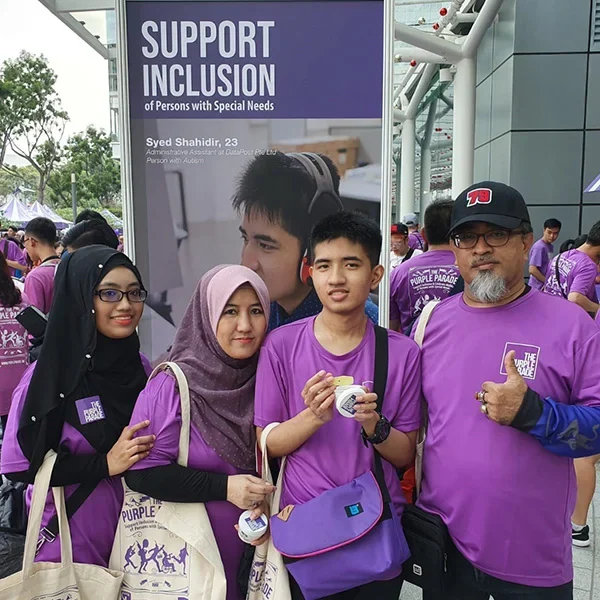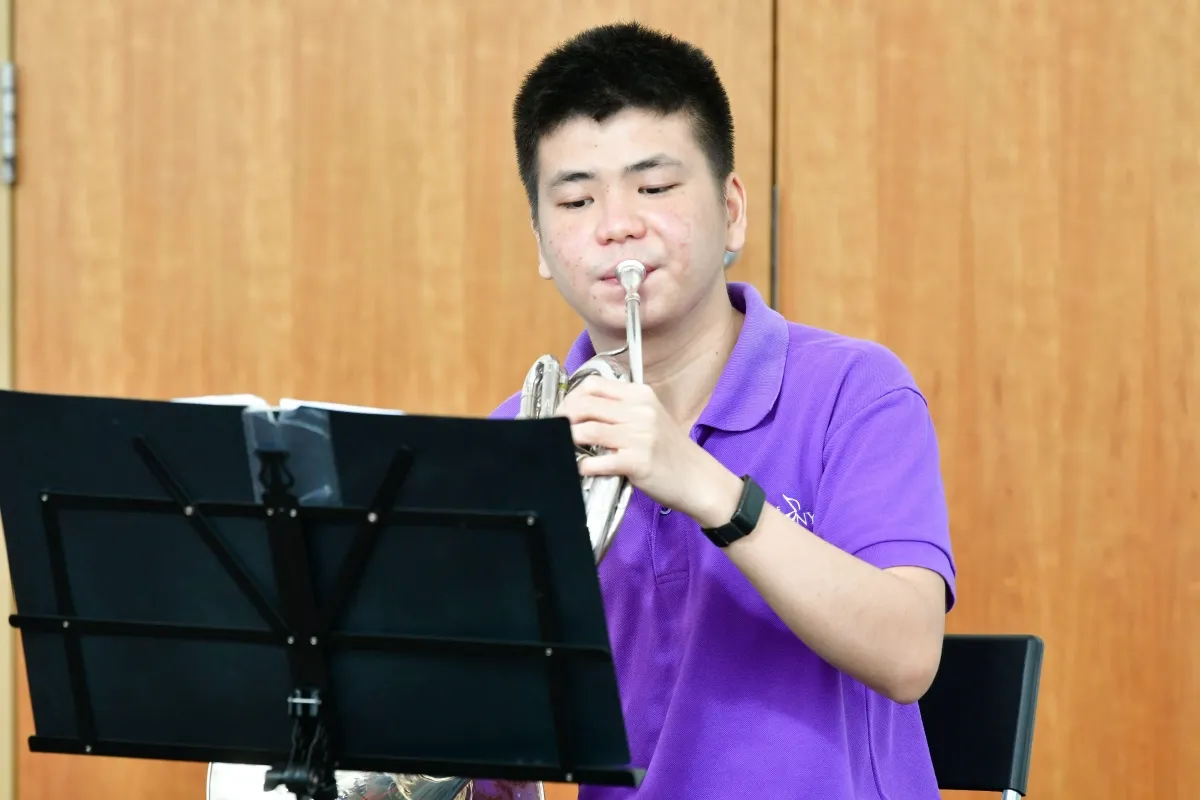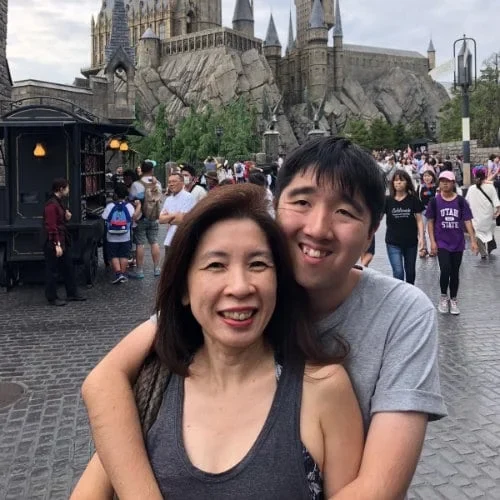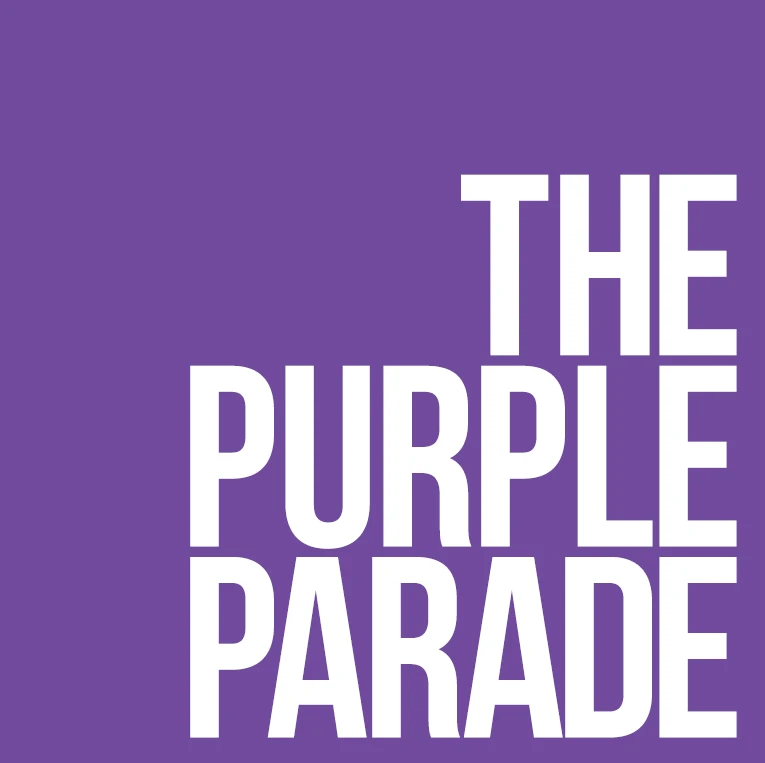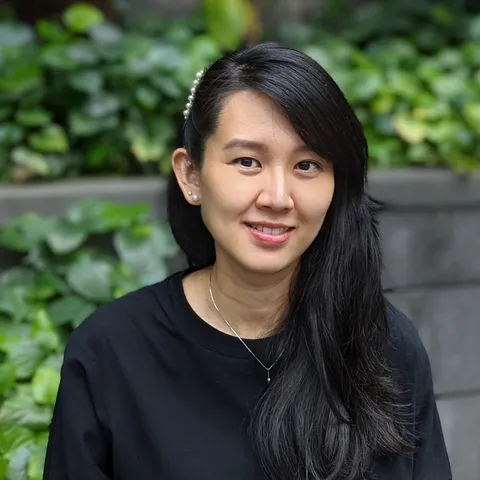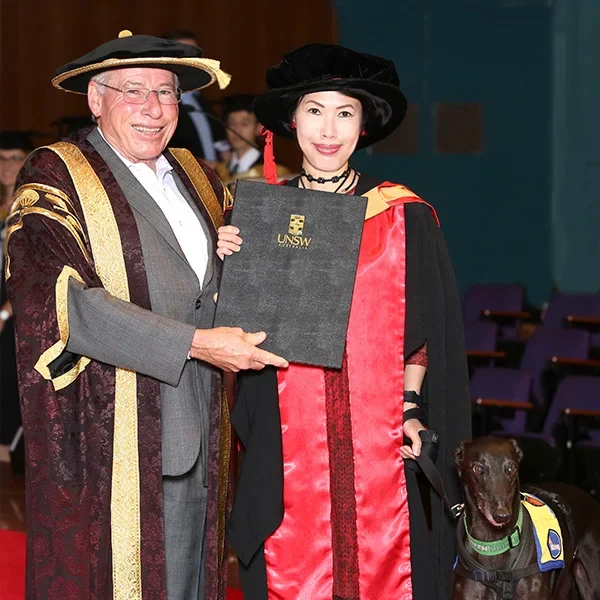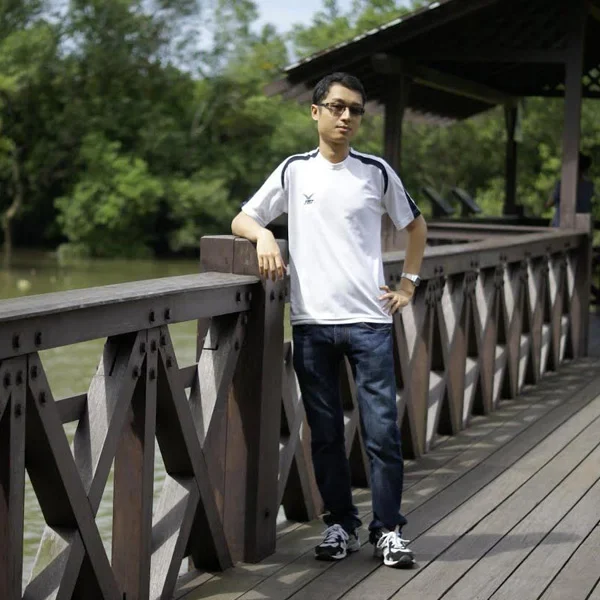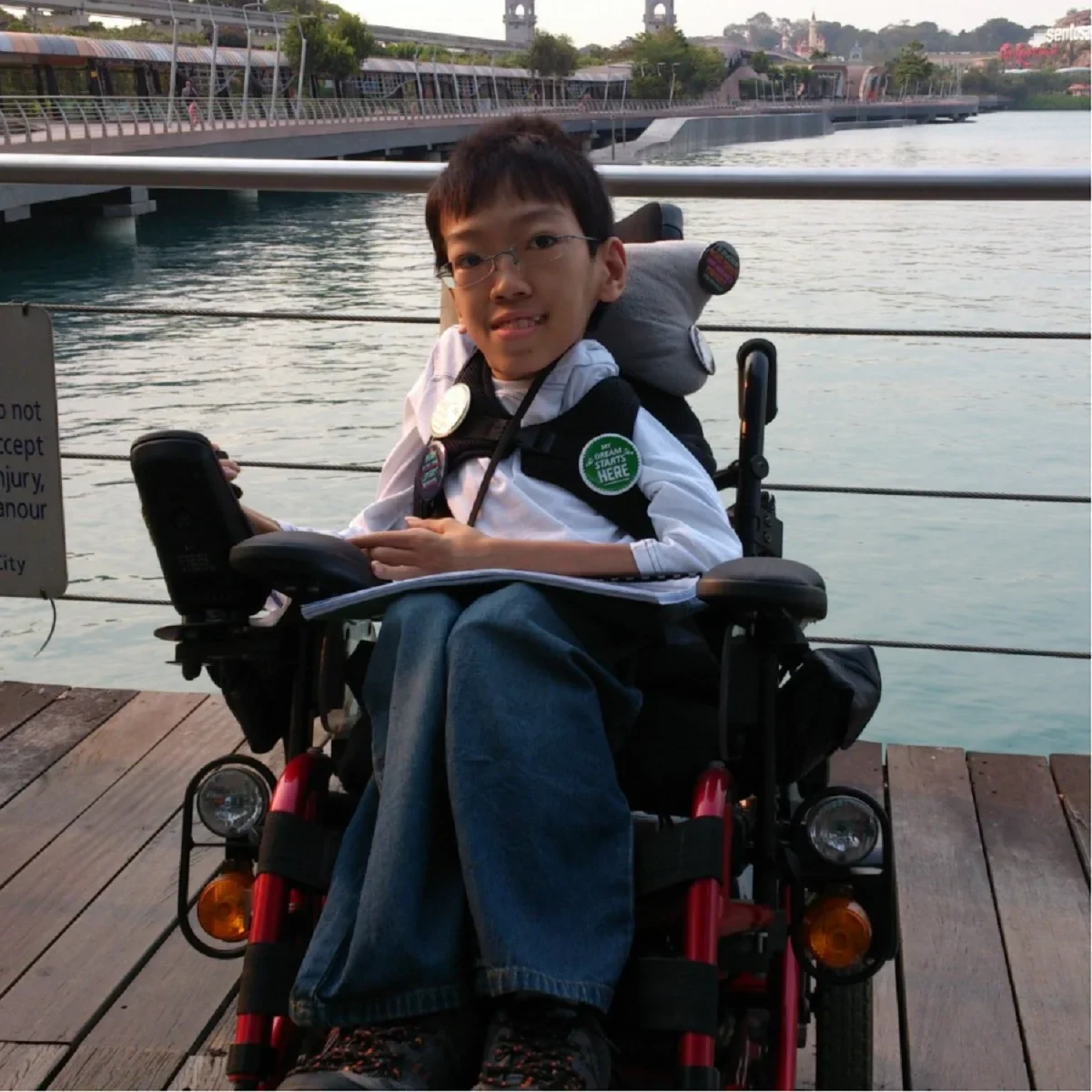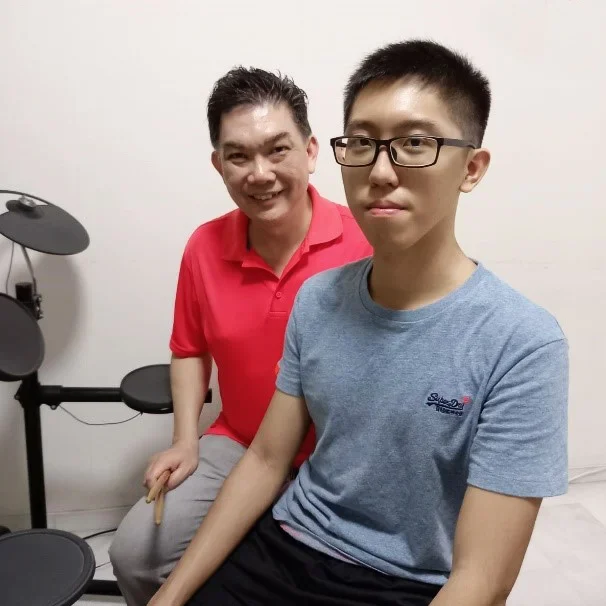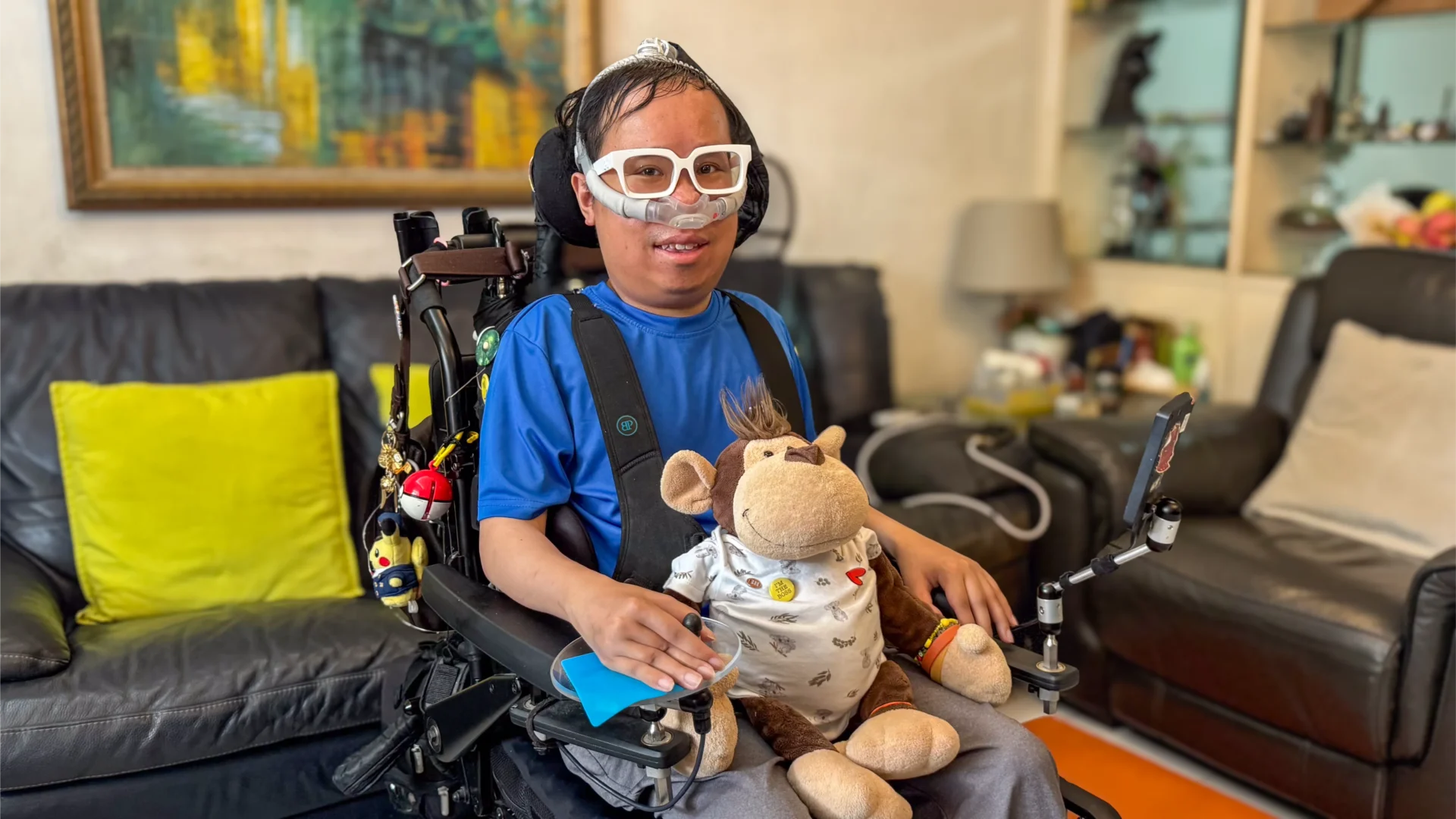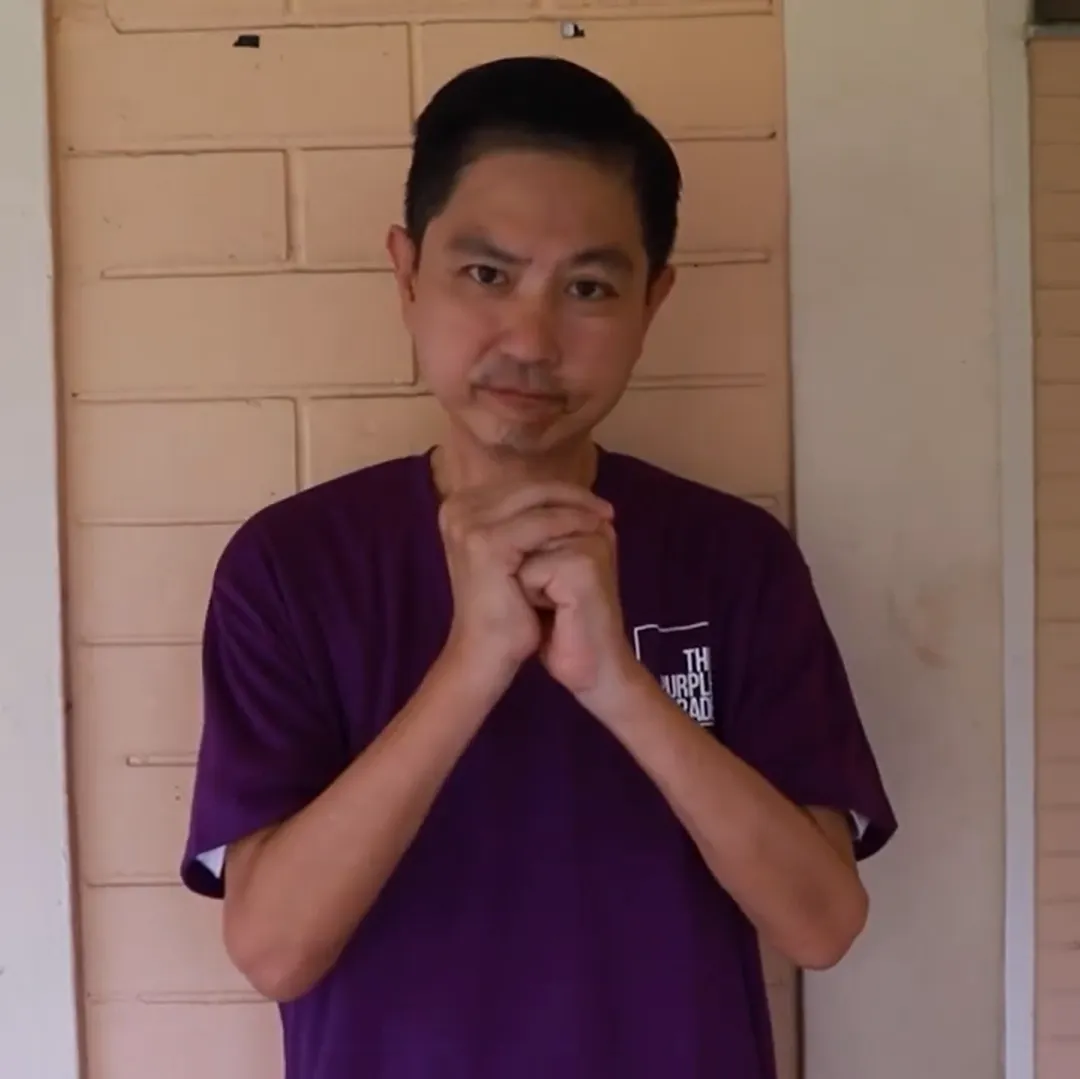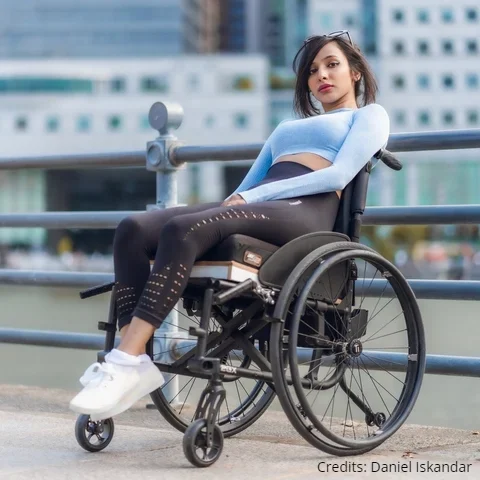Wesley Loh
Wesley is on the autism spectrum. To him, autism is a neurological difference to be embraced, not a disease to be eradicated.
As an autistic person, Wesley hopes to put to use his lived experiences to raise awareness of the daily challenges faced by the autism community and advocate for autism acceptance and appreciation. Wesley also hopes that autistics will step up to be competent community leaders in the autism community to further this cause. Hence, the accountancy graduate and day-time tax associate co-founded the WhatsApp Autism Community Singapore (WACS) , an autistic-led autism chat network, in 2018. He was a keynote speaker at the Life After Death Forum 2019, the first autistic-led forum in Singapore. The forum focused on long-term solutions for autistics to continue supporting themselves and each other, empowering themselves to live fruitful, rewarding and independent lives after their caregivers pass on. In 2020, he started ICAPS Advocacy Group (ICAPS stands for Insurance Coverage for Autistic People –Singapore), a group who runs the ICAPS Movement to advocate and lobby for equal access to private insurance coverage for autistic people.
But Wesley wasn’t always this confident. In the years before his diagnosis, he frequently wondered what was “wrong” with him and tried to be “normal”, in the hope to fit in and be accepted by peers, but to no avail. This left him more perplexed and frustrated, and damaged his self-esteem. He was bullied and ostracised all his school life. It was only after his diagnosis at 18 years old that he understood himself better. This opened up his eyes to new possibilities gradually.
Going forward, Wesley calls upon all students to be more empathetic and embrace the diversity in all their classmates, autistic or not. “Find joy in helping and befriending others,” he said. “Autistics’ unconventional thinking can be refreshing!” He says that teachers can and must play a big part in meeting the needs of autistic students. Seemingly small but yet very important things include letting these students perform their calming routines – e.g. taking breaks during class, flapping their hands, holding their favourite toy and fidgeting – which actually help the students calm themselves and focus better.
He also desires that people with disabilities be empowered to stand as equals with those without disabilities through including their voices in policies that affect them at every decision level. Like how women are represented at every decision-making level for gender equality matters, people with disabilities must be represented in like manner for disability matters. By the same principle, disability organisations need to have disabled people of the relevant disability sit on their Board of Directors (BOD) and/or the Management Committee (MC) e.g. autism organisations need to have autistics on their BOD and/or MC.
In the area of employment, he hopes companies can look upon inclusion as a part of their culture and refrain from adopting a transactional or “just tick the checkboxes” approach. He believes strongly that this will start with changing mindsets and paradigms towards autism, neurodiversity and the cause for inclusion. This will include the willingness to recognise the value and benefits of diverse abilities in the workplace (such as creativity, innovation, unconventional thinking, and passion). The World Economic Forum published an article “Here’s why neurodiversity is so important at work”.
Service providers in our community can also aspire to provide equal services to our community as a whole. There should be consistent considerations towards the needs of respective individuals including vulnerable ones. This would help to provide a catalyst for the change in mindsets towards inclusion.

